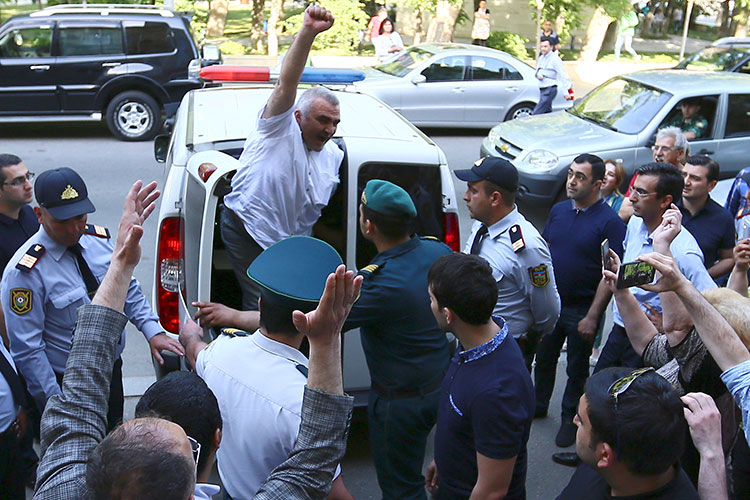By Law Olmstead
In recent years, the world has witnessed a concerning trend of journalists being reported missing, raising questions about the safety and security of those committed to bringing the truth to light. While journalism plays a crucial role in upholding democracy and accountability, the risks associated with the profession have become increasingly evident.

The frequency of journalists going missing has become a cause for alarm, with incidents reported globally. This phenomenon is often linked to various factors that highlight the challenges faced by journalists in their pursuit of uncovering stories that may be uncomfortable for those in power.
One major reason behind the disappearances is the hostile environments in which journalists operate. Many reporters find themselves in conflict zones or regions plagued by political instability, where their work puts them at direct odds with powerful individuals or groups. In these situations, journalists are more susceptible to threats, intimidation, and violence, leading to their disappearance as a result of the dangers they face.

Another significant factor contributing to the disappearance of journalists is the rise of censorship and press restrictions in several countries. Governments, both democratic and authoritarian, have implemented measures to control the narrative, stifling the freedom of the press. Journalists who resist these constraints may face persecution, imprisonment, or even disappearances orchestrated by those seeking to silence them.
The digital age has brought about new challenges, with online harassment and cyber threats becoming a growing concern for journalists. The ease with which information can be disseminated online has also made journalists vulnerable to targeted attacks, hacking, and doxxing, forcing some into hiding or leading to their disappearance as a means of self-preservation.

Impunity for crimes against journalists is another significant issue that perpetuates the cycle of violence. In many cases, those responsible for the disappearance of journalists go unpunished, creating an environment where perpetrators feel emboldened to continue targeting members of the press.
International organizations and advocates for press freedom have been vocal in condemning these incidents and calling for stronger protections for journalists. Initiatives such as the Committee to Protect Journalists (CPJ) and Reporters Without Borders (RSF) are actively working to raise awareness, provide support, and push for accountability in cases of missing journalists.
As the world grapples with the challenges facing journalists, addressing the root causes of their disappearances requires a concerted effort from governments, the international community, and media organizations. Only through a collective commitment to protecting press freedom can we hope to stem the tide of journalists going missing and ensure a safer environment for those dedicated to uncovering the truth.



